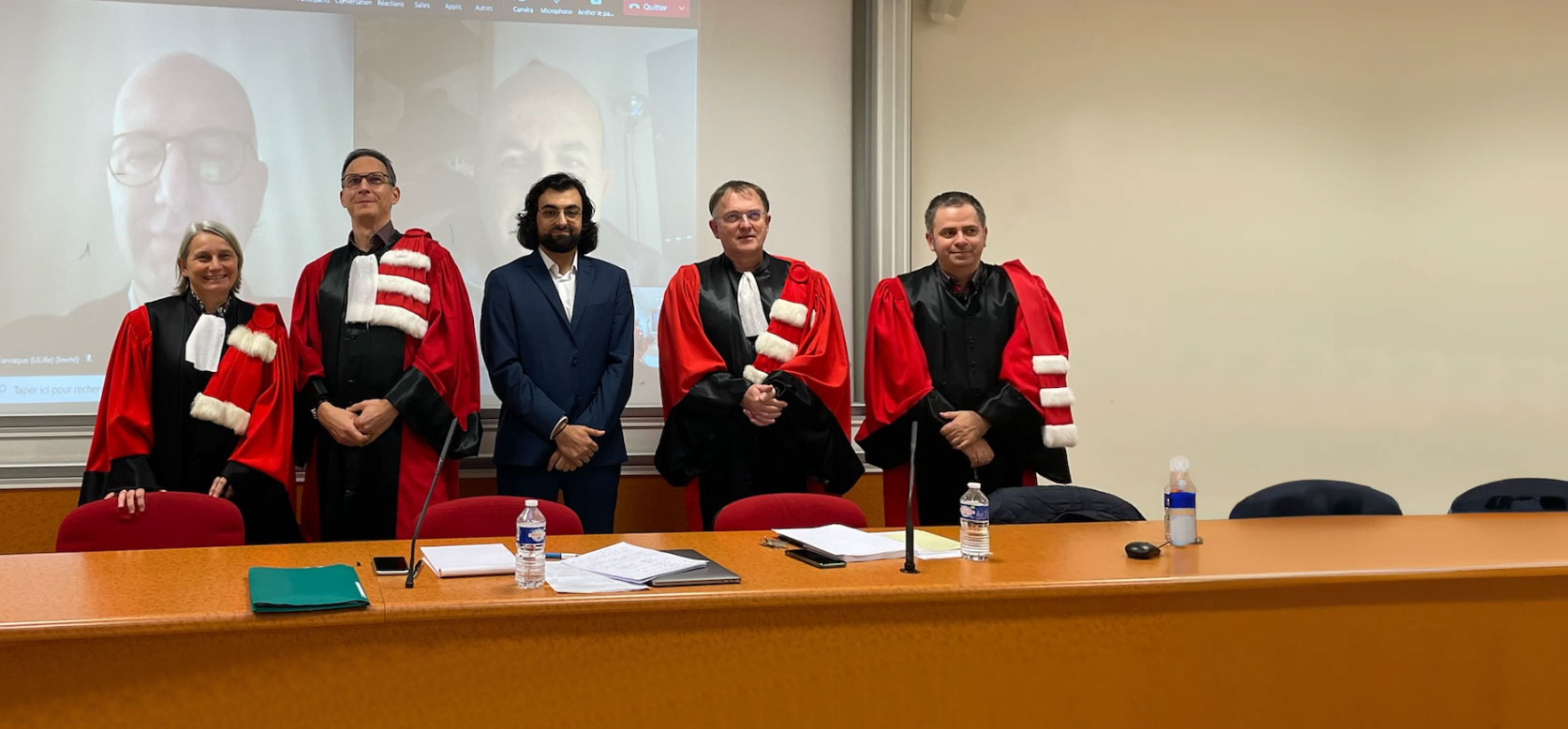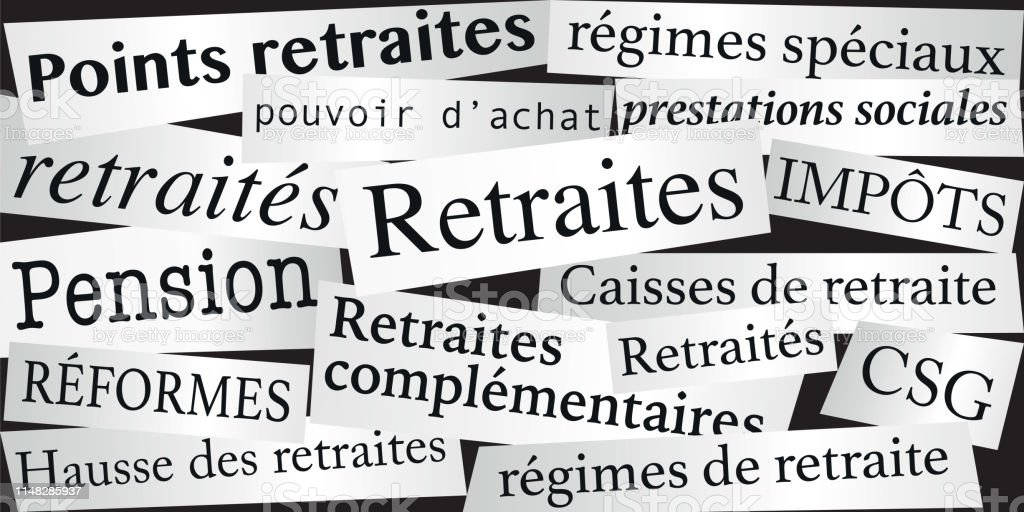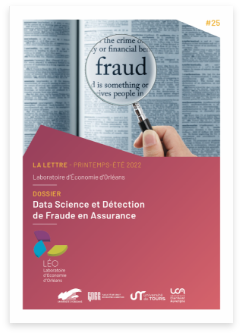


The members and president of the jury warmly congratulate Hugo ORIOLA for his brilliant thesis defense which focuses on the direct or indirect impact of the actions of the central bank on the outcome of the elections.
Why is it so difficult to reform pensions in France? A reflection by Anne Lavigne, Professor of Economics at the LÉO and Advisor to the COR from 2016 to 2022
Economy in Orléans: the LEO and the future university campus will open on the Porte-Madeleine site in September 2025

The Orléans Economics Laboratory is a host team at the University of Orléans.
It has about a hundred members, whose research covers three main areas of expertise:
Lab news
La capitalisation collective permet-elle une équité intergénérationnelle ? L’exemple de la réforme des fonds de pension aux Pays-Bas
Anne Lavigne
Revue d'économie financière - 2025-08
La réforme des fonds de pension aux Pays-Bas : état des lieux et prospective
Anne Lavigne
2025-06-25
Pour une "humanisation" du processus de remédiation phonétique assistée par l’IA et rôle de FRAPéOR dans le projet REphon-IA
Badreddine Hamma, Yvan Stroppa, Magali Boureux
2025-06-05
Atelier de remédiation phonétique auprès d’un public adulte d’ACM Formation
Magali Boureux, Badreddine Hamma, Yvan Stroppa, Farah El Mouhrad, Hélène Pertusa, Guillemette de Laforcade
2025-06-05
REphon-IA : Protocole de recherche préliminaire pour le calibrage du système expert
Magali Boureux, Badreddine Hamma, Yvan Stroppa
2025-06-05
Economie des retraites
Anne Lavigne
2025-05-28
La réforme des fonds de pension aux Pays-Bas : état des lieux et prospective
Anne Lavigne
2025-06-25
Optimal Green Policy-mix
Lise Clain-Chamosset-Yvrard, Nicolas Clootens, Daria Onori
2025-03-11
Dynamic and spillover effects of armed conflicts on renewable energy in Subsaharan Africa
Alfred Nandnaba
2025-02-11
Does climate finance improve the environmental quality of recipient countries? Evidence from shift share instrument
Pengd-Wendé Richard Nikiema
2025
Deep Trade Agreements and Trade in Value- Added: Does Heterogeneity Matter?
Amélie Guillin, Isabelle Rabaud, Chahir Zaki
2025
Forecasting extreme trajectories using seminorm representations
Gilles de Truchis, Sébastien Fries, Arthur Thomas
2025

